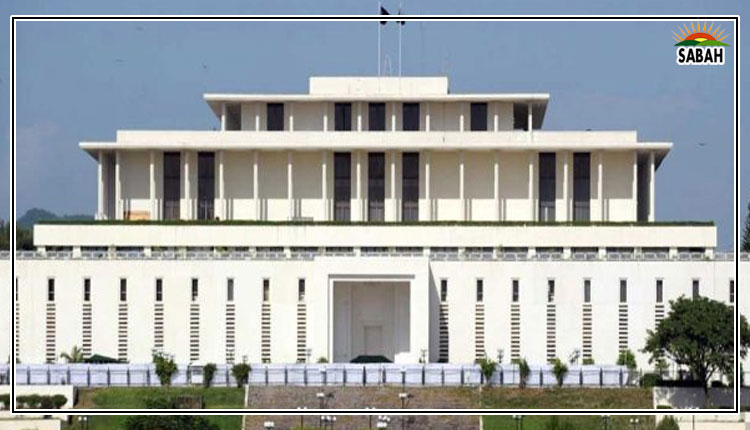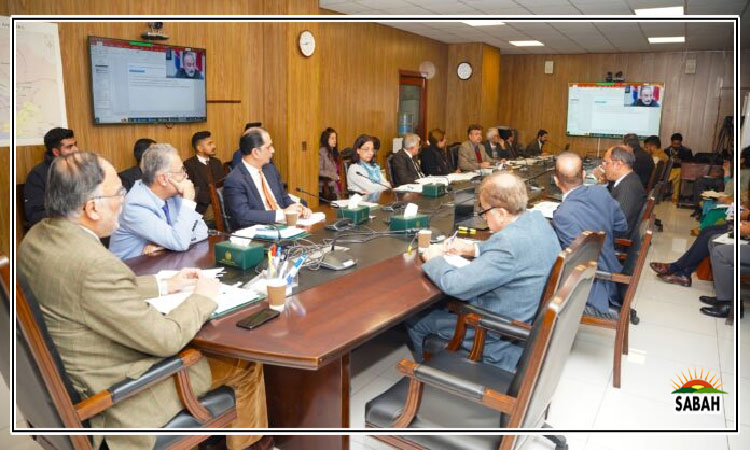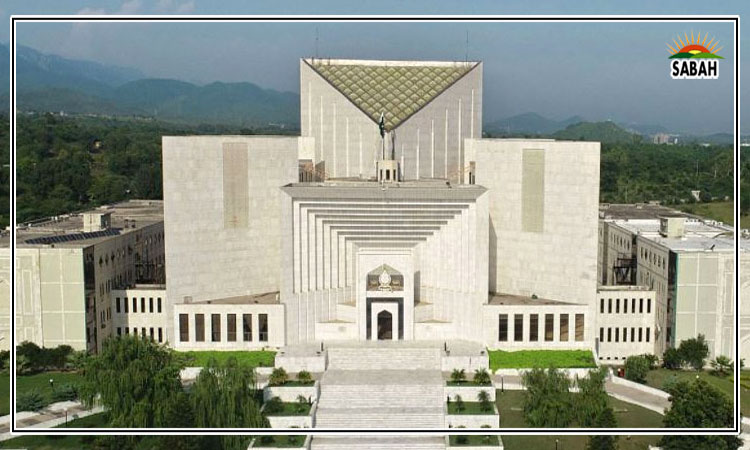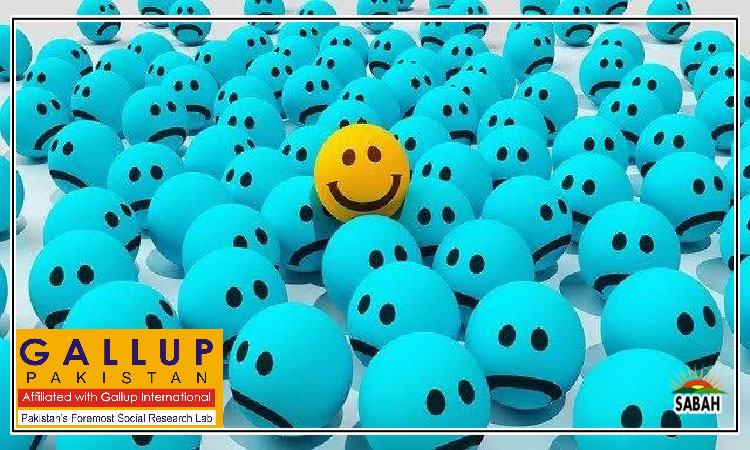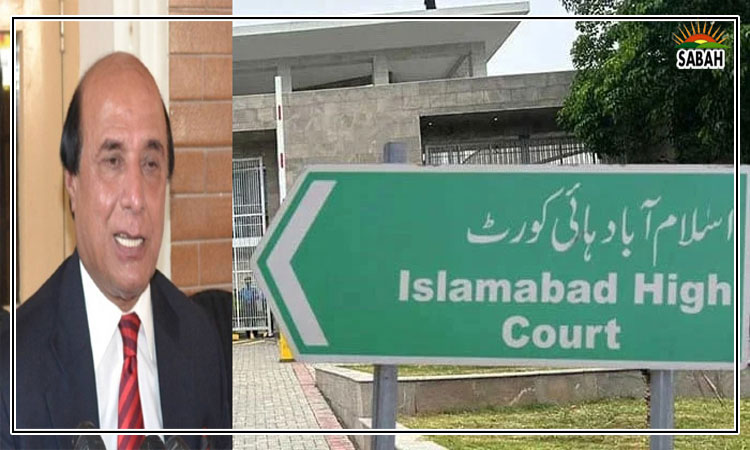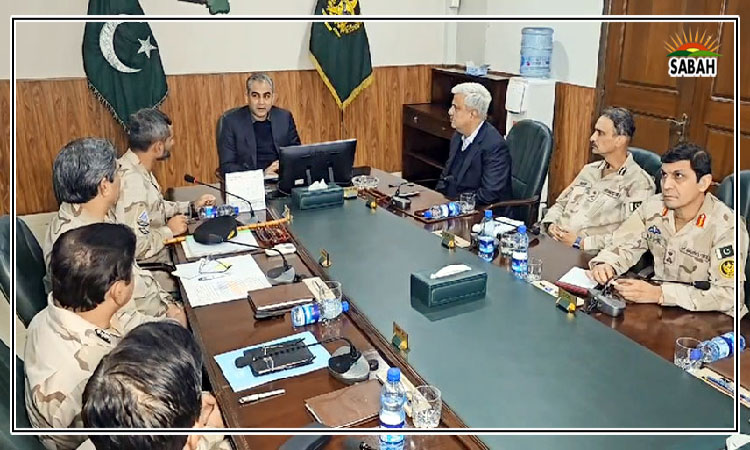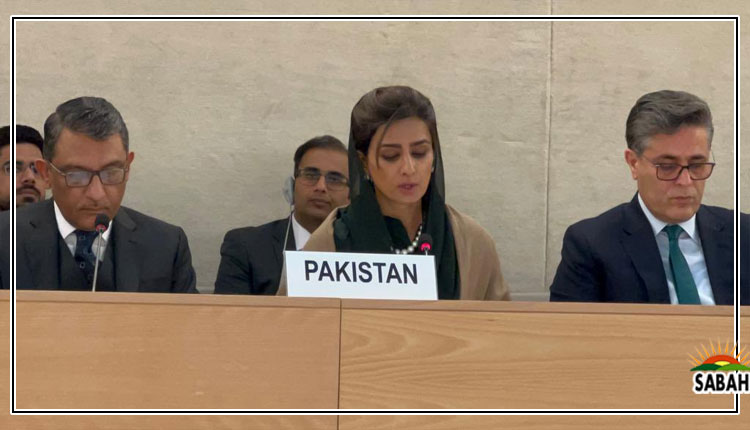Pakistan will continue to be a leading voice for vulnerable, oppressed: HinaPakistan will continue to be a leading voice for vulnerable, oppressed: Hina
GENEVA, Jan 30 (SABAH): Minister of State for Foreign Affairs Hina Rabbani Khar on Monday said that with the country’s human rights progress on an upward trajectory, Pakistan will continue to be a leading voice of the vulnerable and the oppressed.
“From drafting the Universal Declaration on Human Rights and the International Convention on Racial Discrimination to establishing the Human Rights Council, Pakistan has remained and will continue to be a leading voice of the vulnerable and the oppressed,” she stated here at the 4th Universal Periodic Review (UPR) of Pakistan.
The minister of state said that as an ardent supporter of multilateralism, Pakistan has consistently advocated dialogue, consensus, cooperation, and mutual respect as preferred vehicles to advance the global human rights agenda.
“Today, I am pleased to report that my country’s human rights progress is overall on an upward trajectory. We continue to aspire for a progressive and pluralistic society, which puts a high premium on respect for the human rights of everyone, in the words of our founding father Muhammad Ali Jinnah and I quote “as equal citizens of one State”, she maintained.
The minister said that Pakistan’s 4th national UPR report was prepared through an inclusive, consultative process involving all national stakeholders. Critically, this report was an outcome of their extensive efforts during the last five years to implement the recommendations emanating from the country’s 2017 UPR, she added.
To implement these recommendations, Khar said that the Federal Government closely consulted with all provincial stakeholders, civil society, and academia. “We also benefitted from international best practices in certain areas. I thank all those who contributed to this national endeavor,” she added.
The minister of state further said that in line with the country’s constitutional framework, Pakistan’s democratic governance structures, as protectors of human rights, have grown from strength to strength. “This is visible in the shape of an independent judiciary, robust parliamentary traditions and free media,” she added.
The minister of state further said that Pakistan was also proud of its vibrant civil society. “With our independent judiciary and legal community, civil society has played a vital role in public awareness-raising and advocacy about inclusivity, accountability, and transparency,” she mentioned. Khar said Pakistan has remained steadfast in promoting respect for human rights at home and abroad.
“Human rights lay deep in the foundations of our nationhood. At its heart, Pakistan’s movement for independence was a constitutional struggle to secure basic human rights, self-determination, and fundamental freedoms for the people,” she said adding, “This historical experience informed the process of shaping Pakistan’s constitution and our legal and judicial systems”.
The Minister of State said that “Islamic teachings of equality, human dignity, and the right to choose one’s way of life have guided our worldview on human rights. Our contributions to international human rights norms and institution building is also inspired by these ideals.”
“We have always endeavored to build bridges across diverse perspectives and varied interests. As a member of the Human Rights Council and the OIC Coordinator for Human Rights in Geneva, we have played a vital role in forging political consensus on several human rights issues and situations of common concern. We will continue to do so in advancing shared human rights causes,” she added.
The minister of state said each country had unique challenges and environment that it must deal with while pursuing the cause of human rights. Therefore, the human rights record of any State must be considered by understanding the broader social, economic and regional context, not in isolation, she added.
“In the past three years, like many other developing countries, Pakistan has been adversely affected by the cascading crises of the COVID pandemic, the global financial crunch, and the fallout of longstanding conflicts in our region and beyond.”
“On top of it, last summer, we were also hit by the most unprecedented climate calamity of this century. The human cost of this catastrophe, not of our making, is enormous: 33 million affected; thousands injured or dead; 8 million displaced; 2 million homes, 1.8 million hectares of crops, 14,000 km of roads, 18,000 schools, and 5,000 clinics damaged or destroyed”, she mentioned.
The minister of state pointed out that these interlocking crises have squeezed fiscal space and eroded development gains in many areas. “We are, however, fully committed to rebuilding the lives and livelihoods of our people and resolved to pursue a resilient recovery on these fronts with the support of our international partners,” she maintained.
The Minister of State said that States as duty bearers of rights and freedoms are increasingly facing the scourge of disinformation and hate speech spread through social media platforms. “We are pleased to have pioneered an initiative at the UN General Assembly in shaping a consensus on countering disinformation.”
“At home, we are working on laws and policies to deal with this contemporary phenomena of concern with an informed approach towards rights and responsibilities.” Khar further said that “While we are proud of our progress and achievements, we are mindful of the need to sustain the momentum and overcome the challenges. The government has made utmost efforts to advance human rights through institutional, legal, and policy measures.”


